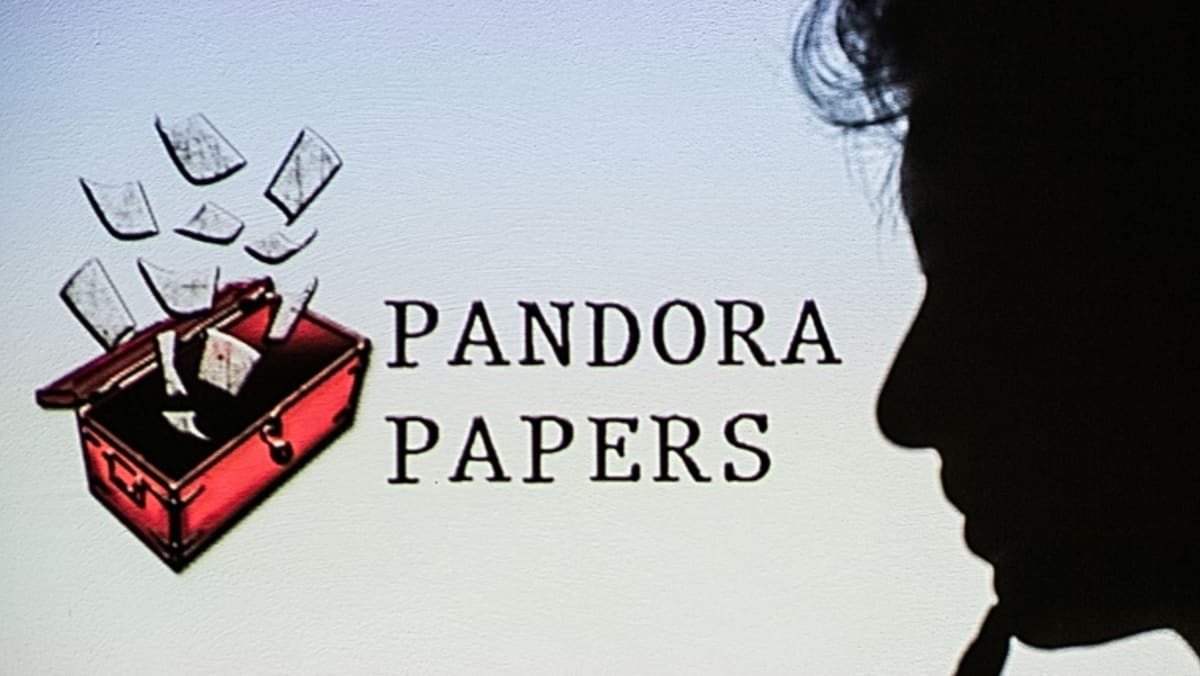
Out of the 11.9 million leaked documents, nearly two million came from inside Asiaciti Trust – a trust and corporate service provider with operations in Singapore, Hong Kong, the Cook Islands, Dubai, Nevis, New Zealand, Panama and Samoa.
The company was founded by Australian accountant Graeme Briggs in Hong Kong in 1978.
The leaked files, spanning from 1996 to 2019, showed that Asiaciti Trust served at least 25 politicians to set up and manage trusts and shell companies in secrecy jurisdictions, said the International Consortium of Investigative Journalists (ICIJ), which spearheaded the probe.
These clients include Brazilian politician Eduardo Cunha who was sentenced to 15 years’ jail in 2017 for corruption, tax evasion and money laundering; Thirukumar Nadesan, a member of the Sri Lankan prime minister’s family who has been charged with misappropriating public funds and is yet to stand trial; as well as Nigerian senator Abubakar Atiku Bagudu.
The senator was kept on as a client by Asiaciti Trust despite allegations that he had helped former Nigerian president Sani Abacha steal billions of dollars from the country, said a report from ABC Australia, one of the media agencies which worked with the ICIJ on the investigation.
The Pandora Papers also shed light on the company’s business dealings with three Russian businessmen. They involved a “complex structure of trusts” worth as much as US$70 million in various assets such as real estate in Moscow, as well as stocks and bonds, according to The Guardian, another media partner of the ICIJ.
These high-profile Russians are Kirill Androsov, a former deputy chief of staff to Russian President Vladimir Putin; Herman Gref, the chief executive of Russian bank Sberbank and a former minister of economics; as well as Evgeny Novitsky, former president of Russia’s largest publicly-traded diversified holding company Sistema.
According to The Guardian, the leaked files showed that Asiaciti Trust’s handling of some transactions involving two of the Russians was cited by MAS as examples of the business failing to properly corroborate the source of its clients’ funds.
The regulator also reportedly criticised the firm’s senior management for failing to set an “appropriate tone, risk appetite and compliance culture for the company”, the same report said.
The Guardian, citing the Pandora Papers, said this “was not the only risky business” that Asiaciti Trust was involved in.
The report pointed to a company presentation done in 2001 where it “explored apparently legitimate ways (to) help a hypothetical Mexican businessman who held offshore assets that ‘have not been declared to Mexican revenue authorities’ and who did not expect to need to bring the money back to Mexico”.
Asiaciti Trust had proposed shutting down existing structures in the Caribbean, while setting up a trust in New Zealand that would own a company in Singapore which would, in turn, hold the businessman’s offshore assets, said The Guardian.
https://news.google.com/__i/rss/rd/articles/CBMicmh0dHBzOi8vd3d3LmNoYW5uZWxuZXdzYXNpYS5jb20vYnVzaW5lc3MvbWFzLWV4YW1pbmluZy1pbmZvcm1hdGlvbi1wYW5kb3JhLXBhcGVycy1hc2lhY2l0aS10cnVzdC1zaW5nYXBvcmUtMjIyNTMwNtIBAA?oc=5
2021-10-06 09:19:00Z
52781920201312
Tidak ada komentar:
Posting Komentar